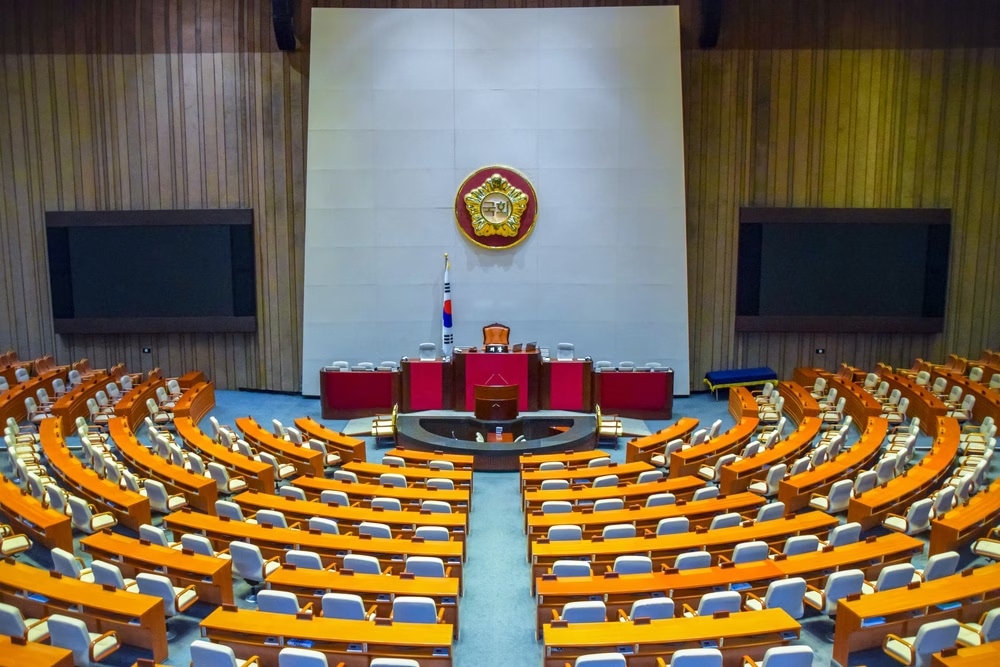If Putin could revamp the Red Army and march into Ukraine, onward into Poland, and continue West through Europe, he would. But, Russia can’t stand up to NATO, and nuclear deterrence makes the whole endeavor a Soviet pipedream anyway. Instead, dictators get creative.
Belarusian dictator and Putin acolyte Alexander Lukashenko is leading the latest headline-capturing assault on Western democracies, but many would struggle to recognize it as such. Preying on the vulnerability of mostly Middle Eastern refugees, Lukashenko has welcomed thousands of them into Belarus promising easy passage into the EU. He’s funneled them to the border of EU states like Poland, where Belarusian soldiers coerce them into crossing over. As the weather grows colder, the death count continues to rise.
How are refugees used as weapons?
Lukashenko aims to destabilize European democracies by reigniting the refugee crisis and resulting political upheaval that shocked Europe in 2015. Western democracies sanctioned Belarus for rigging last year’s presidential election and hijacking a Ryanair flight, so Lukashenko is exacting his revenge. According to a political analyst in Minsk, Lukashenko “threatened to do this for many years, long before the political crisis of 2020,” apparently recognizing how damaging it could be for democracies.
In refugees, Lukashenko and dictators like him find the perfect weapon. They’re victims themselves, and liberal asylum policies created in the aftermath of the Holocaust bind Western democracies to hear their cases. If countries accept the refugees, it feeds the nativist backlash which has threatened European democracy for almost a decade. If the refugees are denied entrance, governments renege on their legal and humanitarian obligations, alienating other voters in the process. Already, more than ten EU member states have called for a change to European law to make asylum policies more restrictive.
Lukashenko’s assault only began in the last few months, but his tactic was perfected by Putin during the height of the Syrian civil war. Backing Assad’s regime, Putin contributed to the displacement of millions of Syrians, many of whom traveled to Europe. Rather than facing the ire of a continent under attack, Putin escaped relatively unscathed while European voters blamed their own governments for the crisis. The risk of retribution for Russia was low, while the risks to European democracy were high. Lukashenko took note.
By weaponizing refugees, Lukashenko and Putin continue to wage a hybrid war against democracies that many Europeans and Americans are reluctant to acknowledge. While the fronts are multifaceted, all of them depend on manipulating the liberal policies of the West and turning them into weaknesses. According to RDI Chairman Garry Kasparov, “Modern dictatorships read the free world rulebook to find targets to exploit. Refugees, cyberwarfare, energy blackmail, disinformation, green men, etc. They rely on the cowardice of European leaders who won’t stand up to them.”
An open internet, asylum policies, and international trade shouldn’t be weaknesses for democracies, but they continue to be so long as we don’t acknowledge how bad actors manipulate them against us. If we’re going to weather the attacks levied by dictatorships, then the public and elected officials must accept the harsh reality that we are at war––and we are not winning yet.






